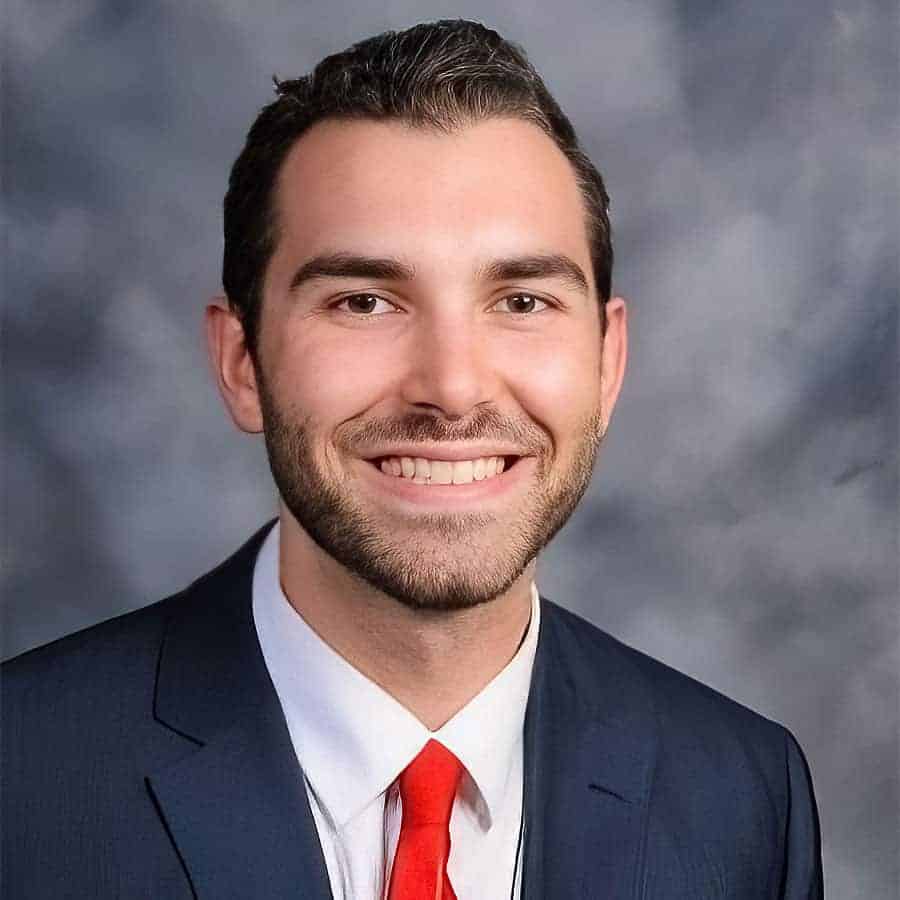As engineering professionals, we are constantly exploring innovative technologies to enhance our industry, improve efficiency, and uphold public safety.
Today, I want to share insights from industry leaders who are leading the integration of artificial intelligence (AI) and automation into engineering practice.
These experts are leading the push for digital transformation, introducing ideas and workflows that have the potential to enhance our practice.
If you find this summary useful, check out the full-length episodes!
AECTECH 049: The Remarkable Advantages of AI and Automation in Engineering With Aakash Prasad
In this episode, I speak with Aakash Prasad, co-founder and CEO of InspectMind AI and ProStruct Engineering. We discuss the use of AI and automation, and how these technologies can change how engineers complete their deliverables.
Key takeaways:
- Streamlining data collection and reporting: AI and automation enable on-site data capture and processing through mobile devices, leading to faster, more accurate reports with minimal manual effort.
- Alleviating tedious tasks: Many engineers find compiling reports using manual methods time-consuming and repetitive. AI-driven tools can automate these tasks, allowing engineers to focus more on their core expertise and problem-solving skills.
- Preparing for AI integration: Professionals should start experimenting with AI tools to find simple ways to incorporate them into their work. Embracing AI’s intuitive interfaces can ease the transition without the need for extensive training.
- Natural language processing: AI’s ability to understand human language makes it more accessible, allowing users to interact with technology intuitively without advanced technical skills.
- Encouraging adoption of AI tools: Engineers hesitant about integrating AI should consider the significant efficiency and profitability improvements these tools offer. The minimal time investment in exploring AI can lead to substantial workflow enhancements.
AECTECH 033: How AI and ML Are Revolutionizing Engineering Design and Construction with Rob Otani
In this episode, I speak with Rob Otani, P.E., LEED AP, chief technology officer at Thornton-Tomasetti and founder of CORE studio. We explore the role of AI (artificial intelligence) and ML (machine learning) in structural engineering, discussing the evolution of these fields through technology and examining impactful case studies of AI and ML in engineering design and construction.
Key takeaways:
- Evolution of AI in engineering: Rob shares how his extensive experience in engineering and project management has shaped Thornton-Tomasetti’s technology strategy, leading to the integration of AI and ML into their workflows.
- Addressing real-world problems: The development of AI applications is grounded in solving practical challenges faced by engineers, such as automating repetitive tasks and enhancing efficiency.
- Successful implementation case studies: The creation of ai, an AI startup born from an internal R&D project, showcases how AI can significantly reduce inspection times and introduce new ways of working in the industry. By automating tedious tasks like defect detection through use of T2D2, engineers are freed to focus on creative problem-solving and design innovation.
- Integration challenges: Overcoming resistance to change is a significant hurdle. Educating teams and developing user-friendly tools are crucial steps in integrating AI and ML into traditional engineering practices.
- Advice for aspiring engineers: Rob emphasizes the importance of combining strong foundational engineering principles with proficiency in AI and ML tools, encouraging ongoing learning and adaptation.
AECTECH 027: How AI Is Transforming Engineering: Challenges, Opportunities, and Expert Advice With Mehdi Nourbakhsh
In this episode, I speak with Mehdi Nourbakhsh, Ph.D., author, speaker, and CEO of YegaTech. We discuss the different types of AI, how AI is transforming engineering, and the challenges and opportunities it brings. Mehdi also shares valuable advice for aspiring engineers interested in pursuing a career in AI.
Key takeaways:
- Understanding AI in engineering: AI is a branch of computer science used to mimic human capabilities like reading, writing, hearing, and seeing. It has applications in engineering tasks, including image processing, text processing, and data analysis.
- Identifying inefficiencies and opportunities: The first step in leveraging AI is to identify inefficiencies and opportunities within your business through surveys, employee discussions, and business strategy reviews.
- Resources for learning about AI: Mehdi recommends downloading the free AI workbook from the YegaTech website or taking their AI course to better understand how AI can be used in engineering.
- Incorporating AI into careers: Engineers should start learning about AI and consider how it applies to their specific needs. Building AI skills is crucial to stay ahead of the curve and contribute to industry growth.
- Advice for aspiring engineers: Mehdi encourages engineers to embrace AI, think creatively about its applications, and pursue continuous learning to integrate AI into their careers.
About the Author Nick Heim, P.E.

Nick’s interests lie at the intersection between the built world and technology, and he can be found looking for the ever-changing answer to the question, “How can we do this better?” He can be found on LinkedIn, producing content about use of technologies in his civil engineering career and small business.
We would love to hear any questions you might have or stories you might share about embracing AI and automation in engineering.
Please leave your comments, feedback or questions in the section below.












